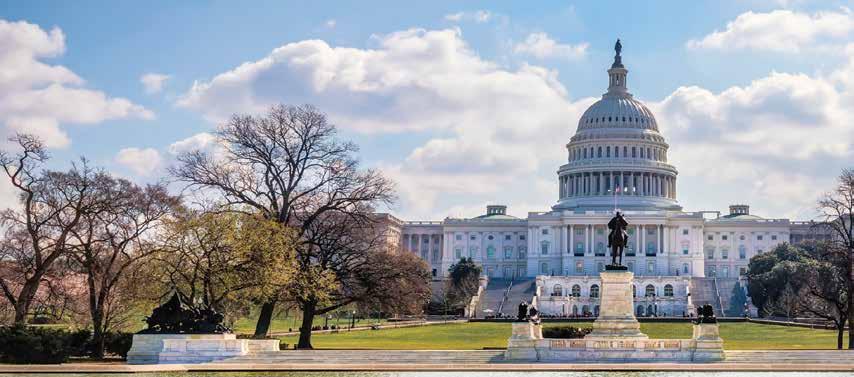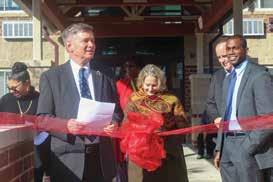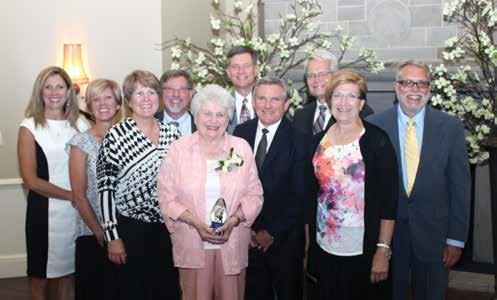
2 minute read
ALL THE LONELY PEOPLE
A WORD FROM THE CEO
ALL THE LONELY PEOPLE
Advertisement
Editor’s note: Most of this issue was written before the novel coronavirus changed our lives. While preparing the magazine for publication, we have been practicing social distancing, working from home and navigating different ways to connect. Our definition of loneliness may be forever altered by this experience. We will continue to report on the ups and downs of this perilous time, and hopefully by the fall edition, we will be able to look back and reflect on lessons learned and offer some insight on creative ways to stay connected despite physical distance.
More than half a century ago, the Beatles released a haunting song, “Eleanor Rigby.” Released in 1966, the song evokes our continuing modern predicament — we live surrounded by people yet report feeling lonelier than ever.
Social isolation might seem like an individual dilemma, but the World Health Organization labels it as a global problem. In the U.S., it affects Gen Z, Baby Boomers and everyone in between. While some Millennials are over 40 and experienced some of their lives without cellphones, the internet and social media, Gen Z has never lived outside the Age of Facebook. This generation will comprise the workforce for much of the care of Boomers, Gen Xers and the oldest Millennials and, in fact, already makes up a large portion of senior living frontline staff.
In older adults, we know loneliness has significant consequences, including decreased quality of life, shortened lifespan, a diminished ability to heal and higher risk of physical and mental illness.
United Church Homes’ mission is to transform aging. Our answer to isolation, loneliness and other deprivations has been to create community. Instead of warehouse-like institutions, United Church Homes has created unique residential environments that are homey with affirming and nurturing cultures.
Our photos from the 1920s show residents participating in efforts that involved everyone in a common, shared life. I don’t mean to idealize this. I’m sure there were moments when all didn’t go as planned. It rarely does in human communities. But guided by the teachings of Christ, our forebearers created an antidote for loneliness and isolation. And people thrived.
This year, our Ruth Frost Parker Center for Abundant Aging Symposium plans to present Aging Abundantly: Power in Community on Oct. 9. The program will debut the latest documentary, “All the Lonely People,” by the award-winning team of Stu Maddux and Joe Applebaum. Visit abundantaging.org/symposium and follow us on social media to find out more.
This issue’s theme is “Aging in Community.” On page 2, we examine the state of loneliness in our world before the COVID-19 crisis. On page 6, we celebrate the life of Lexi Henderson, a dear staff member at Trinity Community at Beavercreek who passed away unexpectedly last year. On page 28, readers can learn about integrated community employment for people with disabilities and one program that offers exciting opportunities for UCH on our journey to provide an inclusive workplace.
We hope you enjoy this issue!










